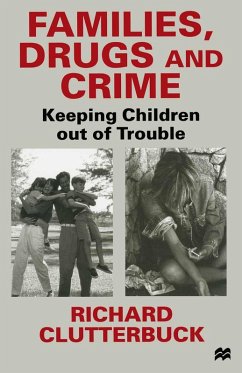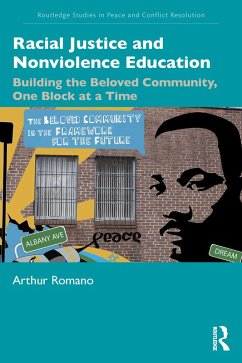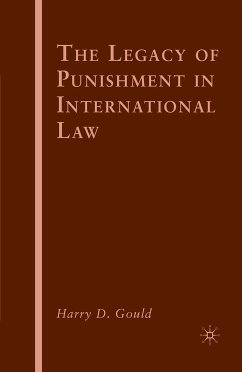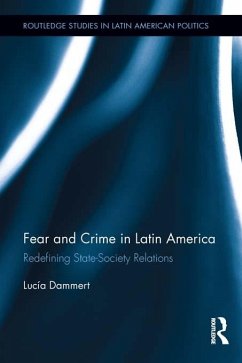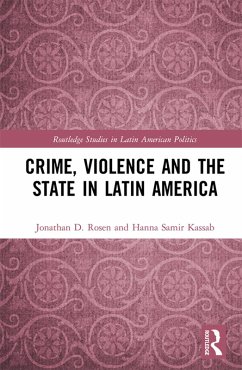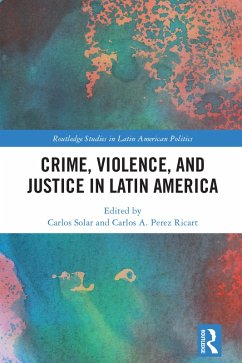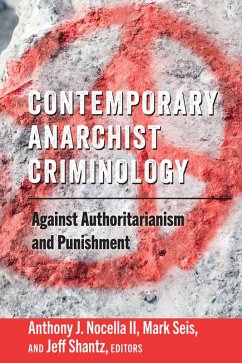
Crime and No Punishment (eBook, PDF)
Wealth, Power, and Violence in America

PAYBACK Punkte
13 °P sammeln!
How concentrated economic and political power in America protects elites and fosters violence of all kinds The United States is an exceptionally violent country, increasingly unable or unwilling to stem violence in its many forms. A growing corporate crime wave has gone unprosecuted and unpunished, with those in the C-suites largely escaping accountability. Meanwhile, the country has doubled down on pursuing people accused of street and drug crimes and immigration offenses. Corporate impunity, the financialization of the economy, militarized policing, the burgeoning carceral state, and the for...
How concentrated economic and political power in America protects elites and fosters violence of all kinds The United States is an exceptionally violent country, increasingly unable or unwilling to stem violence in its many forms. A growing corporate crime wave has gone unprosecuted and unpunished, with those in the C-suites largely escaping accountability. Meanwhile, the country has doubled down on pursuing people accused of street and drug crimes and immigration offenses. Corporate impunity, the financialization of the economy, militarized policing, the burgeoning carceral state, and the forever wars in Afghanistan, Iraq, and elsewhere all have fostered corporate, economic, and state violence in America. In Crime and No Punishment, Marie Gottschalk argues that these developments have undermined the legitimacy of American political and economic institutions. Gottschalk analyzes how the concentration of economic, political, and military power has siphoned off vital resources, preying on the most vulnerable communities and normalizing violence and death. It has kept America from attacking the root causes of violent street crime and curtailing "deaths of despair" from suicide, alcoholism, drug overdoses, and chronic diseases. The United States continues to incarcerate more of its people than nearly every other country even as it decriminalizes or turns a blind eye to elite-level corporate crime. Public and scholarly attention, however, remains fixated on violent street crime-although corporate and white-collar crime and state and economic violence directly and indirectly hurt far more people in the United States. Gottschalk contends that the US failure to protect its people from these harms has increased the fragility of democracy in America.
Dieser Download kann aus rechtlichen Gründen nur mit Rechnungsadresse in A, D ausgeliefert werden.




